
More than 21,000 children are still enslaved in the fishing industry on the Volta Lake despite series of interventions aimed at ending the menace, according to the Global Slavery Index.
Fifty-seven per cent of the children, most of whom below age 10 were likely to have been trafficked, since they have no known relatives in the area.
Ms Anita Budu, Director of Casework at the International Justice Mission (IJM), an International Non-governmental Organisation (NGO) involved in promoting justice for the vulnerable disclosed this in a conversation with selected journalists in Accra yesterday on the state of child trafficking on the Volta Lake.
"As per the Global Slavery Index, there are actually 21,000 children working in and around the Volta Lake. That is either those used directly in fishing activities on the lake or surrounding areas or girls who are used for selling of fish in the area," she said.
She said there was the need to distinguish between cases of child labour and child trafficking, stressing that "When IJM first came to Ghana, we did a survey on the prevalence of the issue and our survey focused exactly on half of the Volta Lake area. We interviewed about 771 children and 57 per cent of the children were likely victims of child trafficking."
According to her there were cases where some of the children worked with their family members on the lake even though it was still under hazardous conditions, dangerous and not in the best interest of the child.
Ms Budu noted that even though several work had been undertaken in the area to stop the practice, it was still prevalent and this was largely due to the fact that the laws on child trafficking had not been enforced.
She said as an agency, the IJM could not address the issue alone and so it was in partnership with government and other agencies to find out measures to bring the practice to an end.
"On the ground we have four main issues we look at to address this issue long term and the first pillar is rescue, which is identifying and taking the children out of the abuse they find themselves in," she said.
After rescuing them, the next option was to take them to a safe place and also ensure that the perpetrators were brought to justice, stressing that "Already arrests are being made and charges are being brought against these people."
Ms Budu said one way of ending the menace was through the enforcement of the laws, adding that "there are laws on our statutes that criminalise child trafficking and abuse but because we have failed to enforce it to the letter, the perpetrators are emboldened to continue with it."
On his part, the country director for IJM, Mr Will Lathrop said issues of child trafficking were more of an economic crime than poverty related.
According to him boat owners' preferred to go in for trafficked children in their trade because they were a source of cheap labour.
He said rather than employing adults and paying them for their services or wage basis, these boat owners preferred to use the children whose cost they paid only once.
Mr Lathrop said the approach to ending the menace must move from the position of dialogue with perpetrators to the point of prosecution, stressing that "Once the state begins to prosecute these perpetrators, others would be afraid to continue because they know they would be punished when arrested.
He said the country risked losing its labour force in the future if the situation was not brought to an end, adding that "if we continue to employ these under age children in the practice while adults looking for jobs are ignored, what we do is to worsen the situation of unemployment in the country and also destroy the future labour force of the country."
The Global Slavery Index is a global study of modern slavery conditions by country published by the Walk Free Foundation founded by Andrew Forrest.
It has so far released four publications made up of 2013, 2014, 2016 and the 2018 editions and focused on slavery practices in 164 countries across the world.
Read Full Story
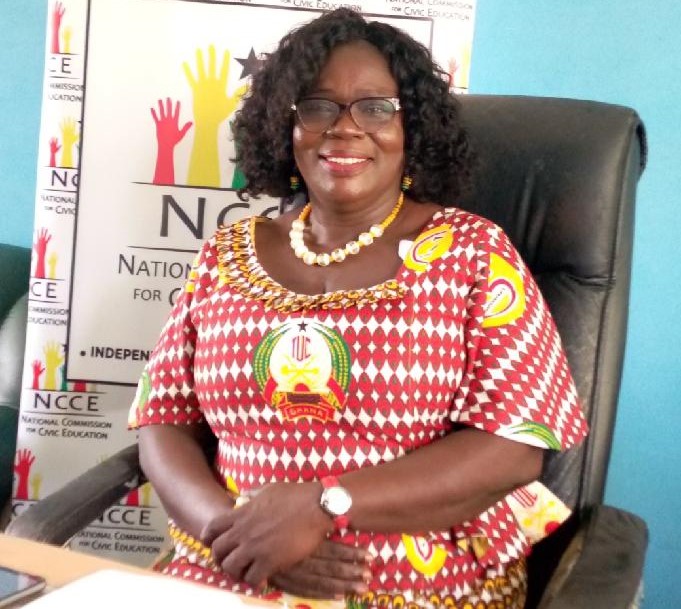
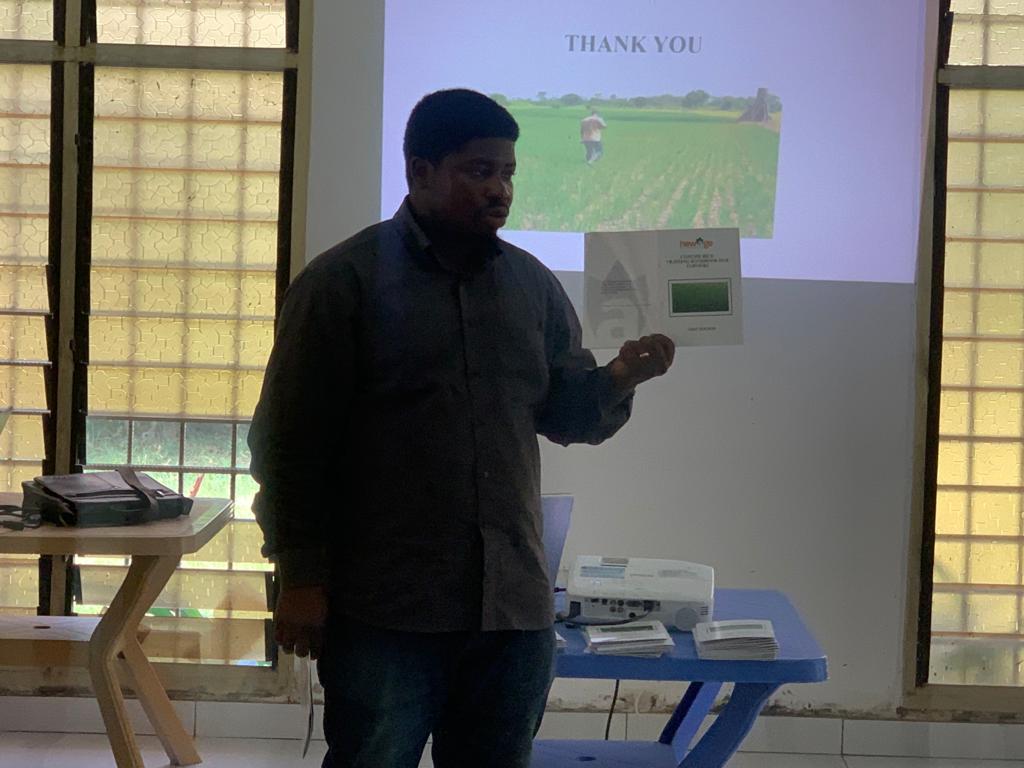


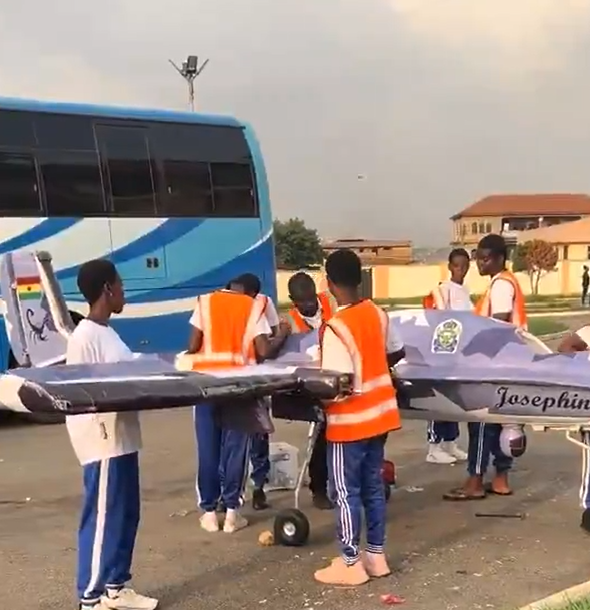






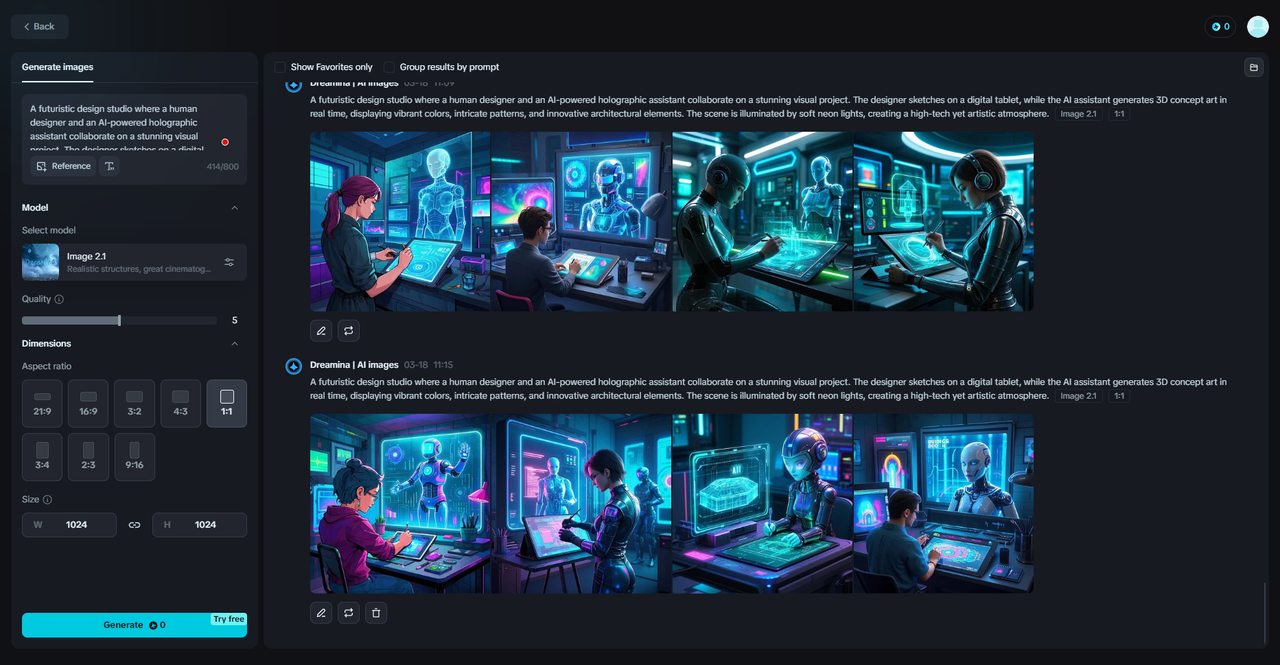

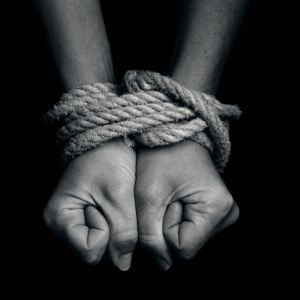




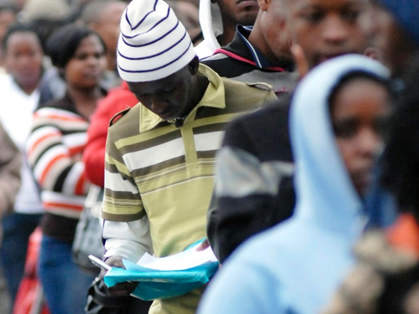




Facebook
Twitter
Pinterest
Instagram
Google+
YouTube
LinkedIn
RSS